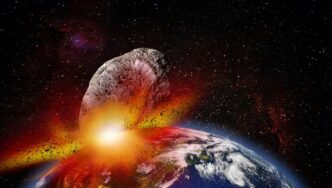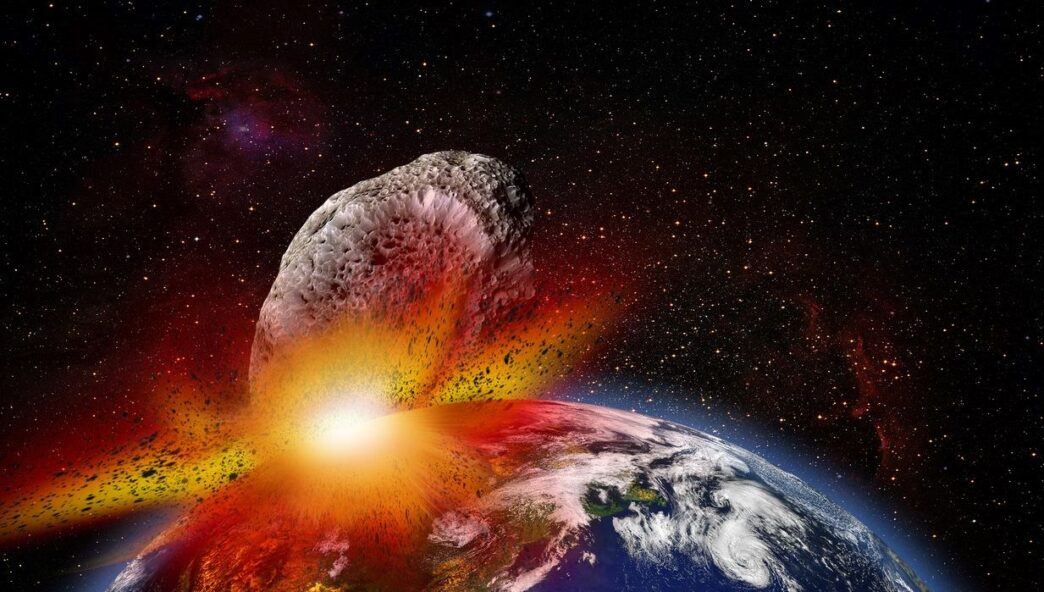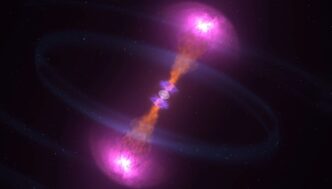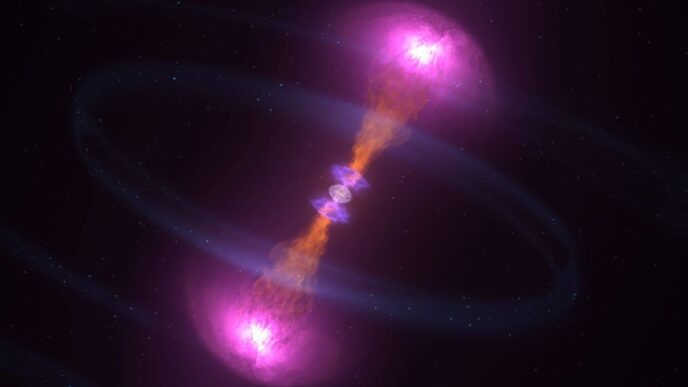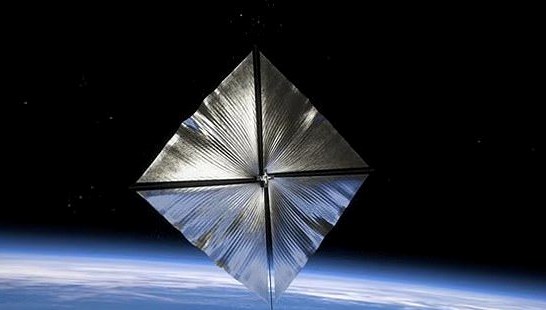Scientists revealed that a giant meteor discovered in 2014 hit the Earth approximately 3 billion years ago, boiling the oceans and creating a giant prehistoric tsunami. Research shows that this impact contributed to the development of early life.
According to a new discovery made by scientists, a giant meteor discovered in 2014 created a wave larger than the largest tsunami in human history and boiled the oceans. This meteorite was 200 times the size of the meteor that wiped out the dinosaurs and hit the Earth approximately 3 billion years ago. The research team led by Prof. Nadja Drabon from Harvard University conducted detailed examinations at the impact site in South Africa. The findings revealed that these giant impacts not only had devastating effects, but also contributed to the development of early life. The meteorite called S2 was 40-60 km wide, and a 500 km wide crater was formed as a result of the impact. The heat generated at the moment of impact was high enough to boil the oceans and increased air temperatures to 100 degrees. The impact of this giant impact created a giant tsunami around the world. Research has shown that such impacts release nutrients such as phosphorus and iron, allowing microorganisms to develop. The new findings emphasize that giant impacts supported early life and contributed to the development of biodiversity on Earth. The research results were published in the journal Proceedings of the National Academy of Sciences (PNAS). Scientists continue their work to understand the historical and biological effects of such large impact events.
